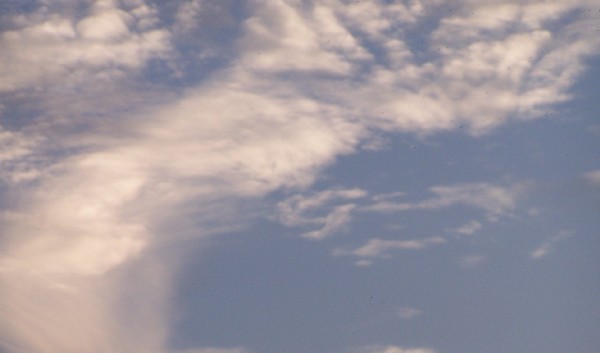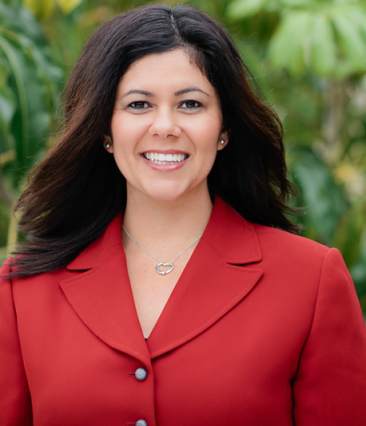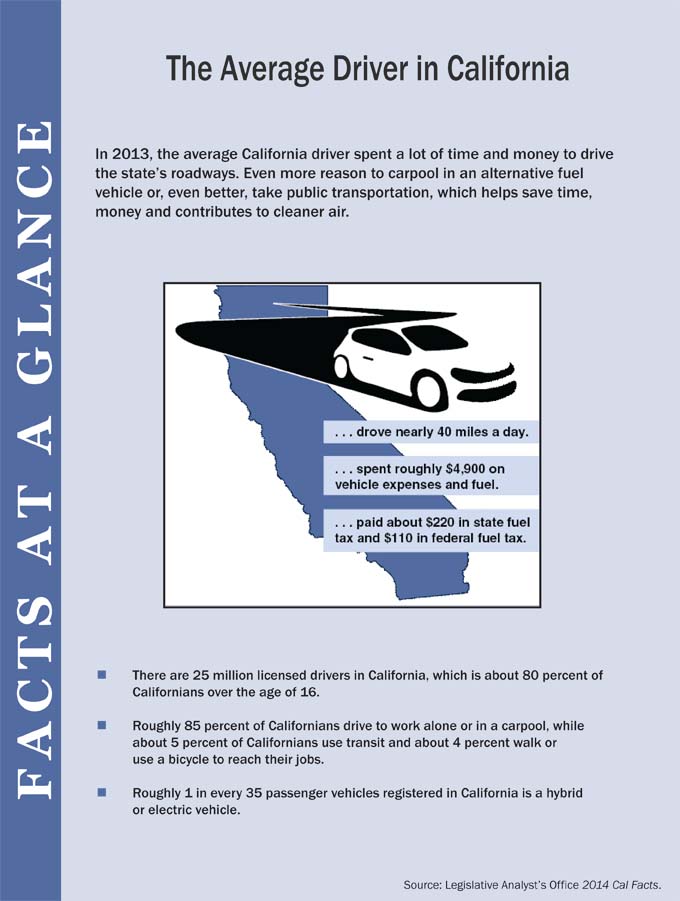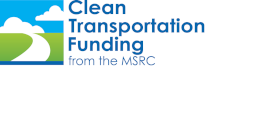April 2015
 This spring, the MSRC will release four new solicitations to fund a variety of clean transportation initiatives throughout Southern California. These Clean Transportation Funding opportunities are just the first cycle of the new 2014-16 Work Program. Provided that the South Coast Air Quality Management District (SCAQMD) approves the solicitations at their meeting on May 1, the MSRC will officially release the solicitations the same day. Be sure to subscribe to www.CleanTransportationFunding.org to get email updates of all new solicitations.
This spring, the MSRC will release four new solicitations to fund a variety of clean transportation initiatives throughout Southern California. These Clean Transportation Funding opportunities are just the first cycle of the new 2014-16 Work Program. Provided that the South Coast Air Quality Management District (SCAQMD) approves the solicitations at their meeting on May 1, the MSRC will officially release the solicitations the same day. Be sure to subscribe to www.CleanTransportationFunding.org to get email updates of all new solicitations.
 New MSRC Member Michele Martinez and new Alternate Member Ben Benoit are both committed to expanding regional collaborations to improve transit options in Southern California that can significantly improve the health and quality of life for their constituents and all of the residents of our region. Michele Martinez was raised in Santa Ana since the age of 11 and was the first person in her family to graduate from high school and earn a college degree; she attended Santa Ana College and California State University Fullerton. Inspired by a desire to give back to the community that helped raise her
New MSRC Member Michele Martinez and new Alternate Member Ben Benoit are both committed to expanding regional collaborations to improve transit options in Southern California that can significantly improve the health and quality of life for their constituents and all of the residents of our region. Michele Martinez was raised in Santa Ana since the age of 11 and was the first person in her family to graduate from high school and earn a college degree; she attended Santa Ana College and California State University Fullerton. Inspired by a desire to give back to the community that helped raise her
FirstCNG officially opened its flagship natural gas fueling station in February in the City of Lake Forest in Orange County, with the help of Clean Transportation Funding from the MSRC. Titan NGV Fueling Station is located at 24201 El Toro Road conveniently next to the 5 Freeway. The station has four NGV-2 dispenser nozzles, so customers do not have to wait to fuel up. In fact, the station is so busy that during the ribbon-cutting ceremony to officially open the station, the ceremonies were continuously interrupted by a constant stream of customers wanting to fuel their vehicles.


